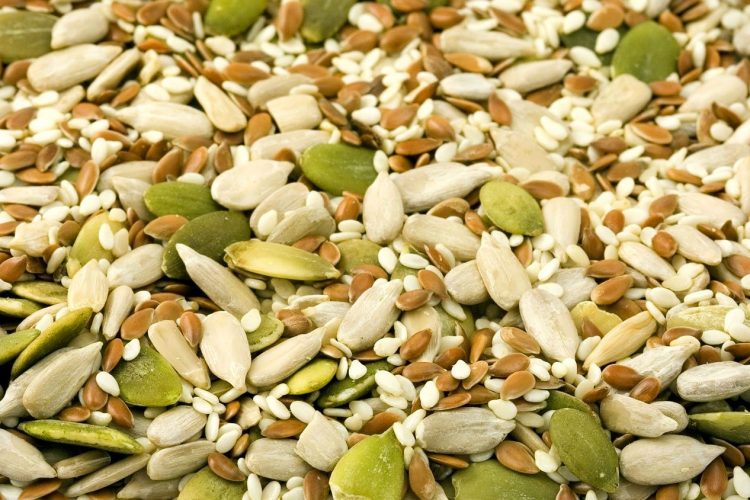Storing organic food in bulk long-term requires careful planning and execution to maintain freshness, taste, and nutritional value. A key consideration is choosing the appropriate containers and storage conditions, as these factors can significantly impact the food’s shelf life. It is important to mention that ingredients like organic protein need proper storage techniques to keep their quality intact. This includes keeping it in airtight, moisture-resistant containers and storing it in cool, dark locations. On the other hand, organic seeds are an example of perishable organic ingredients that can benefit from long-term strategic storage. For example, if you want to prolong the shelf life of organic pumpkin seeds, place them in vacuum-sealed bags or airtight containers and keep them in a cool, dark environment such as a pantry or basement. Regularly checking the seeds for signs of spoilage or infestation, and incorporating a first-in, first-out inventory system can also help ensure that long-term bulk storage of these organic ingredients remains safe and efficient.
Factors that can damage organic food
Storing organic food in bulk long-term comes with unique challenges that can lead to damage if not adequately addressed. Temperature fluctuations, for example, can significantly affect bulk quantities of organic food, making it more susceptible to spoilage. A constant, cool temperature is crucial for maintaining freshness; sudden shifts can pose a risk to both the taste and nutrition of food items. Humidity is essential in preserving organic food; too much moisture can lead to mold or mildew growth, while too little can cause food to become overly dry and lose quality. Proper air circulation is vital to prevent these issues and maintain a balanced humidity level in storage areas. Light exposure, especially sunlight, can trigger oxidation and nutrient loss in organic foods. Lastly, poor pest control measures can result in infestations that tarnish the quality of organic food.
How to implement a First-in, First-out (FIFO) inventory system
Implementing the First-In, First-Out (FIFO) inventory system is a highly effective way to manage stored organic food items, ensuring that they maintain their freshness and quality for consumption. To successfully initiate this system, designate a storage area organized adequately by product type. Proper labelling is crucial in a FIFO system. Marking containers or packages with the date of purchase or expiration date allows tracking of items based on age. When adding new organic food items to your storage area, place them behind or beneath older inventory, pushing the older stock to the front. This rotation ensures that older items are consumed before the newer ones, minimizing waste and spoilage while preserving your organic foods’ quality and nutritional content.

